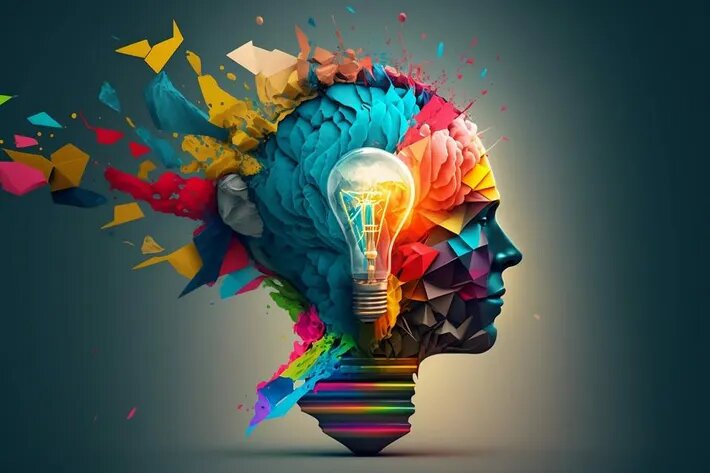Introduction:
In the contemporary era, the symbiotic relationship between artificial intelligence (AI) and human creativity has become increasingly pronounced. AsAI or human to evolve and permeate various aspects of our lives, questions arise about its impact on human creativity. This article aims to explore this dynamic intersection, delving into the ways AI both augments and challenges human creativity across different domains.
AI as a Creative Tool:
One of the most significant roles of AI or human in creativity is its function as a powerful tool for artists, writers, musicians, and designers. AI-powered software can generate music compositions, create visual art, and even write literature. For instance, algorithms like deep learning and generative adversarial networks (GANs) have been utilized to produce artwork that often blurs the lines between human and machine creativity. Similarly, AI-driven music composition tools can assist musicians in generating melodies and harmonies, providing new avenues for experimentation and inspiration.
Augmenting Human Creativity:
Rather than replacing human creativity, AI or human serves to augment it. By automating repetitive tasks and offering suggestions, AI frees up creative professionals to focus on higher-level conceptualization and ideation. For writers, AI-powered language models can assist in generating ideas, refining drafts, and even providing alternative perspectives through natural language processing (NLP) techniques. This augmentation of human creativity allows individuals to explore new creative territories and push the boundaries of innovation.
Challenges and Ethical Considerations:
However, the integration of AI or human into the creative process is not without its challenges and ethical considerations. One pressing concern is the issue of originality and intellectual property. As AI algorithms generate increasingly sophisticated output, questions arise about the ownership and attribution of AI-generated creations. Additionally, there are concerns about the potential homogenization of creative output if AI tools become too pervasive, leading to a loss of diversity and individuality in artistic expression.
The Role of Bias:
Another critical aspect to consider is the role of bias in AI-generated content. AI systems learn from vast datasets, which may contain inherent biases present in society. This can manifest in algorithmic bias, where AI-generated content reflects and perpetuates existing societal biases and stereotypes. In the realm of creativity, this raises concerns about the reinforcement of cultural stereotypes and the potential suppression of marginalized voices.
Collaboration and Hybrid Creativity:
Despite these challenges, there is growing interest in exploring collaboration between humans and AI systems in creative endeavors. This concept of hybrid creativity involves humans and AI working together synergistically, leveraging the strengths of each to produce innovative and culturally rich creations. By combining human intuition, emotion, and contextual understanding with AI’s computational power and data processing capabilities, new forms of creativity can emerge that transcend what either could achieve alone.
Conclusion:
In conclusion, the relationship between artificial intelligence and human creativity is multifaceted, presenting both opportunities and challenges. While AI or human has the potential to enhance and augment human creativity across various domains, it also raises concerns about bias, originality, and the future of creativity in a technologically driven world. Moving forward, it is essential to approach the integration of AI into the creative process thoughtfully, emphasizing collaboration, diversity, and ethical considerations to ensure that creativity remains a uniquely human endeavor enriched by technological innovation.


